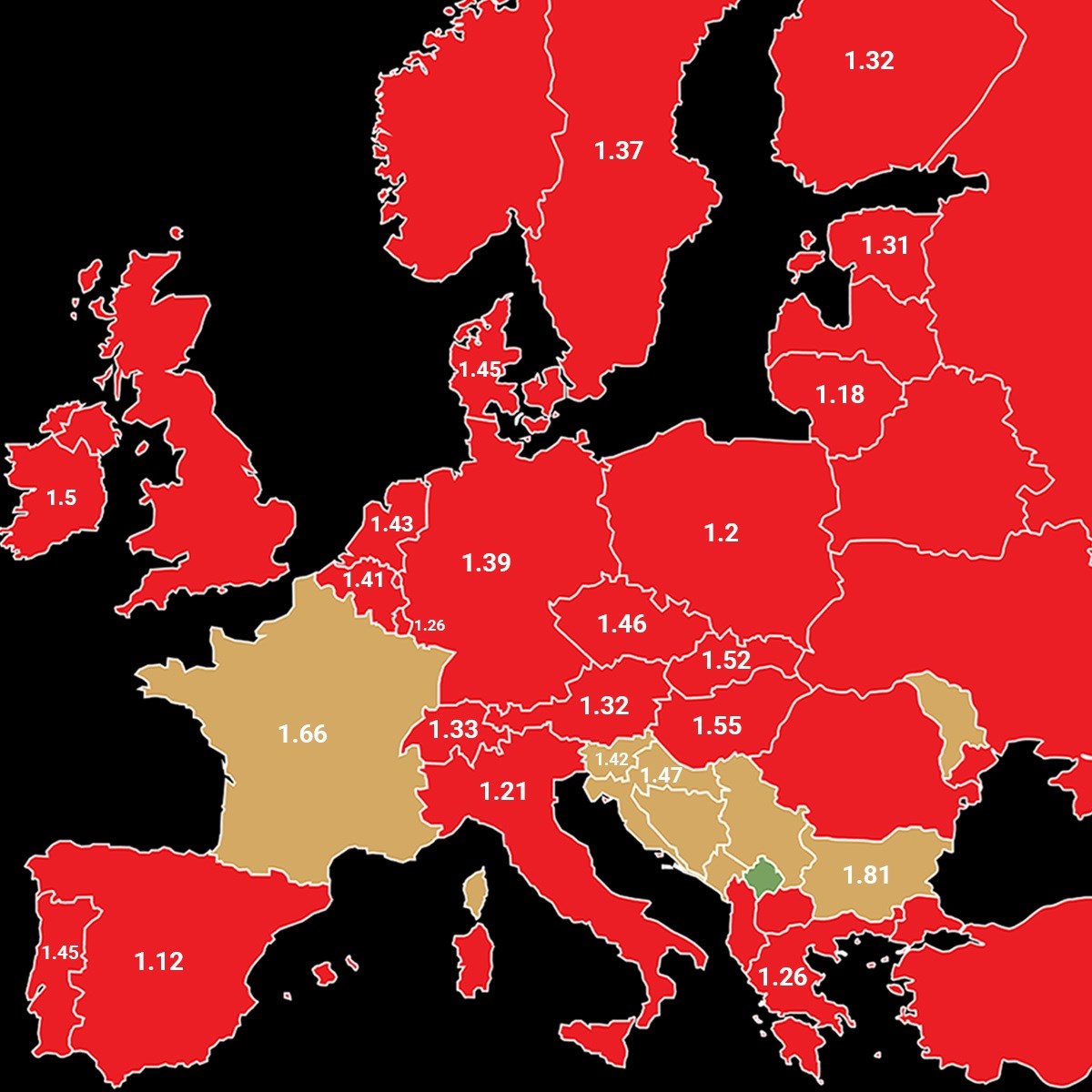The European Union is facing serious demographic challenges, including record low birth rates and an aging population, threatening the sustainability of economies and social systems. Eurostat data shows that the fertility rate in the EU has fallen to 1.38 children per woman, well below the 2.1 needed for simple reproduction. The aging population further burdens the labor market, and immigration is seen as a key factor in maintaining the workforce and economic growth. However, immigration is a politically sensitive issue, with growing resistance in some countries, mainly due to fears of losing national identity and economic consequences. Different EU countries have different approaches to demographic challenges, with northern countries offering robust social policies supporting parenthood, while southern countries face higher youth unemployment and delayed parenthood. Croatia faces the additional problem of emigration of young and educated people. Experts emphasize the need for quality integration policies and social system reforms to avoid potential collapse of pension funds and social services.
Political Perspectives:
Left: Left-leaning reports emphasize the social and economic challenges posed by the demographic decline in the EU, highlighting the need for robust social support systems, family-friendly policies, and inclusive immigration policies. They focus on the benefits of immigration for economic growth and demographic balance, and advocate for integration and anti-discrimination measures to combat xenophobia and cultural fears.
Center: Center-leaning articles present a balanced view, acknowledging the demographic challenges and the role of immigration in mitigating labor shortages. They stress the importance of sustainable social policies, economic reforms, and integration strategies. The narrative is pragmatic, focusing on data and policy solutions without strong ideological bias.
Right: Right-leaning perspectives tend to emphasize the political sensitivity of immigration, focusing on concerns about national identity, cultural preservation, and security risks. They highlight public resistance to immigration and the rise of radical right movements opposing migration. The narrative often stresses the need for stricter immigration controls and questions the economic benefits of immigration.







































